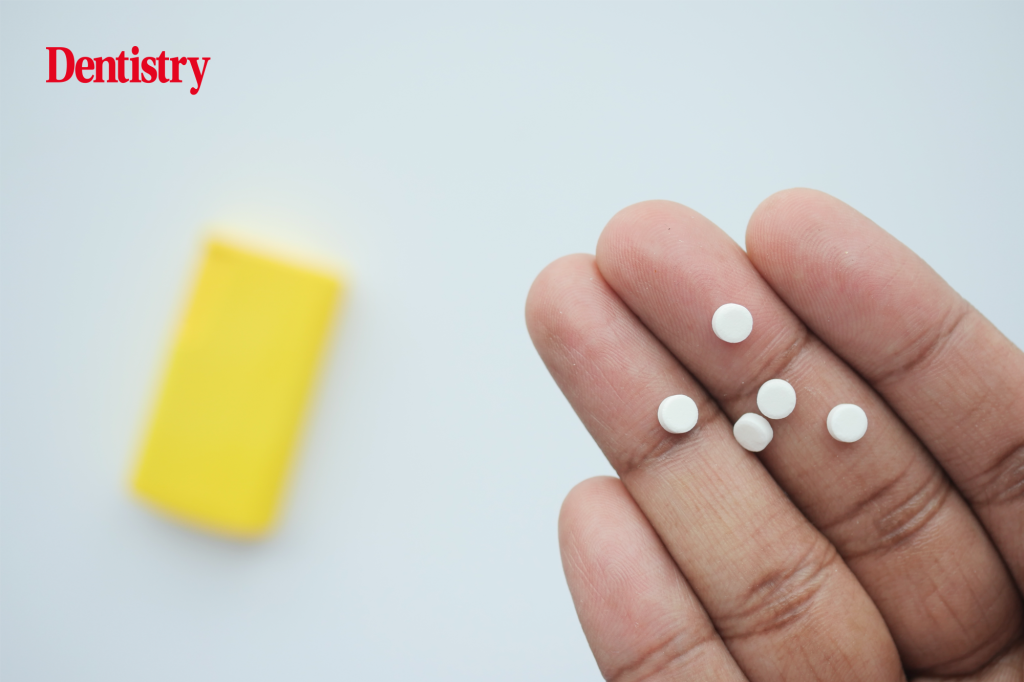
A new study warns of a potential link between xylitol, a low-calorie sweetener, and increased risk of life threatening health problems such as blood clots.
A study published in the European Heart Journal found that consuming high levels of the sweetener was associated with increased risk of heart attacks, strokes and death.
Xylitol is commonly used in food and drinks, chewing gum and toothpaste.
The research team studied 3,000 people in the US and Europe over three years. Those with the highest levels of xylitol in their blood were observed to be more likely to have problems with their hearts or blood vessels.
The researchers also measured platelet activity in subjects who volunteered to consume a xylitol-sweetened drink and a glucose-sweetened drink. Every measure for blood clotting potential was found to be higher after xylitol consumption but not after glucose.
The study was lead by Steven Hazen, chair of cardiovascular and metabolic sciences at the Cleveland Clinic. He said: ‘This study again shows the immediate need for investigating sugar alcohols and artificial sweeteners, especially as they continue to be recommended in combatting conditions like obesity or diabetes.’
Despite these potential risks, Dr Hazen did not believe that all xylitol-containing products should be abandoned. He said: ‘It does not mean throw out your toothpaste if it has xylitol in it, but we should be aware that consumption of a product containing high levels could increase the risk of blood clot related events.’
‘Contrary to decades of scientific evidence’
The Calorie Control Council (CCC) responded to the study in defence of low-calorie sweeteners. CCC president Carla Saunders said: The results of this study are contrary to decades of scientific evidence substantiating the safety and efficacy of low-calorie sweeteners such as xylitol by global health and regulatory agencies.
‘While the authors used multiple methods, it should be noted that the findings are limited in their ability to establish association only. Further, one phase of the study included individuals who were already at increased risk for adverse cardiovascular events. These findings are a disservice to those who rely on alternative sweeteners as a tool to improve their health.’
She continued to highlight the dental benefits of xylitol, saying: ‘Xylitol has been trusted as a great tasting low-calorie sweetener for more than 60 years. It has proven dental benefits, including preventing plaque build-up and tooth decay. It is naturally occurring in foods such as strawberries, lettuce, and oats.’
Follow Dentistry.co.uk on Instagram to keep up with all the latest dental news and trends.

